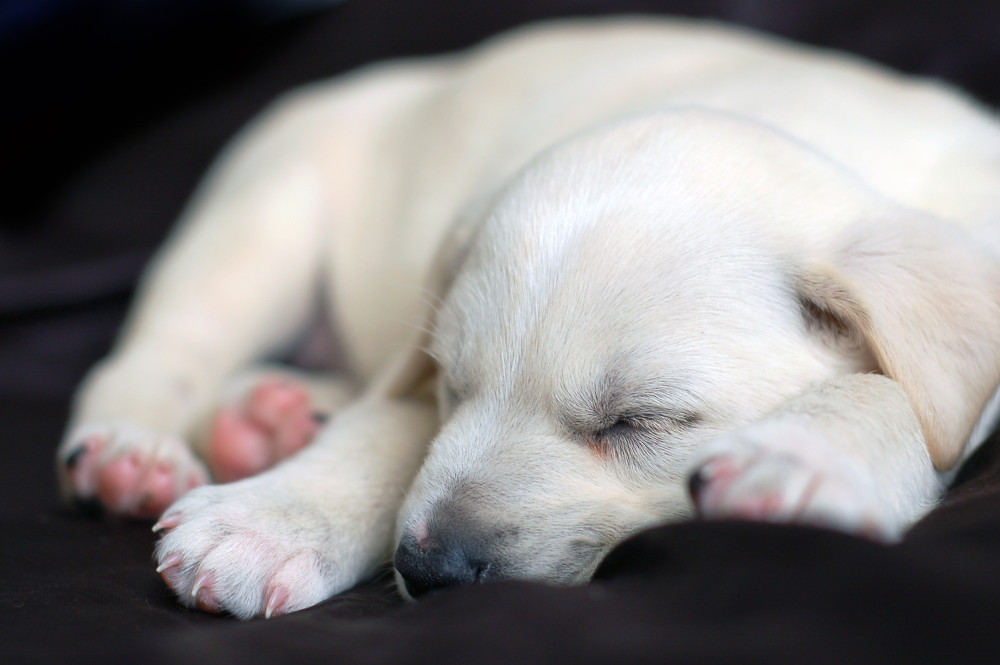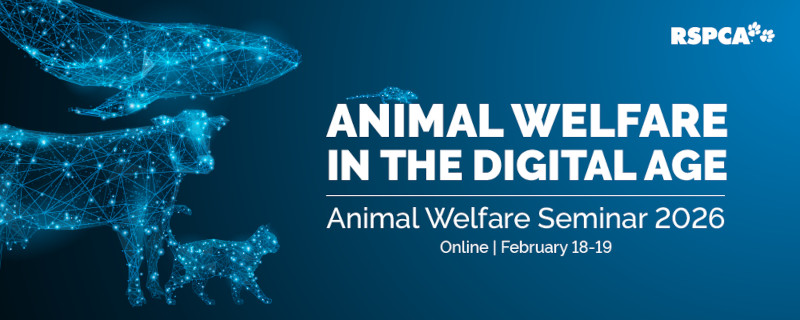
Puppies are largely carnivores but will also eat some plant-based foods. Puppies naturally wean off their mother’s milk at around 8-12 weeks of age. Wild dogs feed their young with prey animal carcases. In the wild, when young dogs are old enough (around 7-8 weeks old) they start to eat on their own whilst simultaneously decreasing the amount of milk they suckle from their mother.
Basic puppy feeding guide
The following information is general advice, but as each dog is an individual, seek veterinary advice, particularly if your puppy has any special dietary needs or has a reaction to a standard diet.
The basis of your puppy’s diet should be a high quality balanced premium commercial puppy food that is appropriate for their life stage and health status.
Puppies should be offered food at least 4 times per day to begin with, gradually reducing the number of meals as they grow (adult dogs should be fed at least twice per day to help avoid bloat, which can be fatal).
It is important not to underfeed or overfeed puppies. Research indicates that overfeeding puppies (particularly large and giant breeds) can predispose them to muscle and bone problems. Your vet will be able to advise you on how much and what to feed your puppy.
Take your puppy to their vet regularly; they can weigh your pup, assess your pup’s body condition score and provide advice.
Fresh drinking water must be available at all times but do not offer your puppy milk as this can cause gastrointestinal upsets.
Teething
Between four to six months of age, the permanent teeth appear and grow rapidly. Introducing puppy-specific chew toys and healthy chewable treats can alleviate “teething” issues and train your pet’s attention away from gnawing on household items. – the global Veterinary Oral Health Council lists dental products that meet standards for safety and reducing plaque/tartar.
Bones and raw meat are not recommended as they can break teeth and cause internal blockages, raw bones also carry bacteria that can make both animals and humans ill. Read the article Should I feed my dog bones? for more information.
If you do choose to offer bones to your puppy, they should always be raw and introduced gradually. The bone must be large enough so that the puppy cannot fit the whole bone in their mouth or swallow the bone whole. Avoid large hard marrow bones, T-bones, ‘chop’ bones (e.g., lamb cutlets), large knuckle bones or bones sawn lengthwise. Ask your butcher for non-bone chewy alternatives such as cow hearts. Always supervise your puppy when they are eating bones.
You should always supervise your puppy when they are eating raw bones.
Other foods
Cooked meat such as boiled chicken or lamb may be offered occasionally, but ensure there are no cooked bones, onions/onion sauces or other toxic substances present (see below). As mentioned above, raw meat and bones carry bacteria that can make both animals and humans ill and so are not recommended. However, if you do decide to feed your puppy any raw meat or raw bones, we recommend you choose only human-grade raw meat and bones. You should avoid raw meat products marketed as pet food (pet meat/pet mince/pet rolls and bone products), sausages, sausage meat and cooked manufactured meats as they can also contain sulphite preservatives. There have been many pet food safety incidents linked to sulphite preservative-induced thiamine (Vitamin B1) deficiency, which can be fatal. See this article for more information.
Tinned sardines in spring water, tinned tuna and tinned salmon may also be offered as a treat occasionally (take care with any fish bones). Fish should not be fed constantly.
A small amount of finely-cut vegetable matter may be offered, such as cooked pumpkin or carrots.
Provide access to grass (avoid chemically treated grass and toxic plants). Puppies will sometimes eat grass which may be a source of vegetable matter and micronutrients.
Calcium powder supplements should not be given (unless directed by a veterinarian).
Toxic foods
Do not ever feed the following substances as they are toxic to dogs (note this is not a complete list): alcohol, onions, onion powder, garlic, chocolate, coffee or caffeine products, mouldy or spoiled foods or compost, avocado, bread dough, yeast dough, grapes, raisins, sultanas (including in Christmas cakes etc), currants, nuts (including macadamia nuts), fruit stones or ‘pits’ (e.g. mango seeds, apricot stones, avocado stones), fruit seeds, corncobs, green unripe tomatoes, mushrooms, cooked bones, small pieces of raw bone, fatty trimmings/fatty foods, salt, and roughly-cut vegetables.
Also ensure your puppy doesn’t have access to string wrappings around rolled roasts or absorbent pads found under meat when wrapped on trays.

